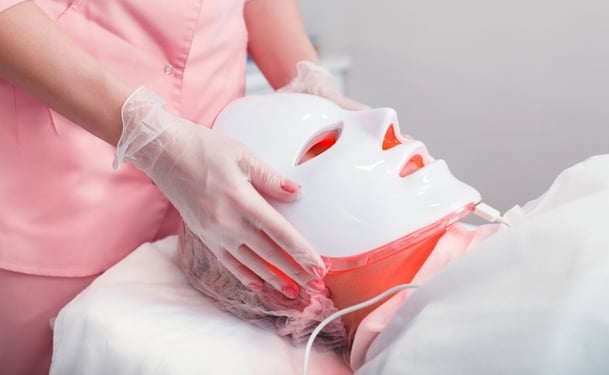Photodynamic Therapy is a treatment used to eliminate tumors using a photosensitizing agent, light and tissue oxygen. Patients are given photosensitizing medications that are then activated using light. There are a variety of conditions and medical problems which could hinder a person's eligibility for this therapy.
Skin Conditions
If you have darker skin or problems with skin discoloration, Photodynamic Therapy may not be for you. If you sunburn easily or are sensitive to light, this procedure may interact with your skin and cause scarring or other more serious problems. Your doctor will examine your skin and determine if alternative treatments would be more effective at removing the tumor without the risk.
Systemic Lupus Erythematosus
Lupus is a disease that affects the autoimmune system and causes inflammation in various tissues in the body. Instead of fighting infections that may enter the body, the immune system attacks its own tissues. Those with Lupus would be more susceptible to infections and have trouble healing; therefore, they would not be a good candidate for this therapy.
Porphyria
Porphyria is a disease in which heme, a binding agent in the blood, is not produced. It also affects enzymes which break down drugs for secretion in the liver. People with this disease may have severe symptoms especially after certain drugs are administered. If you have Porphyria, the drugs used during the procedure may not be properly used by your body, therefore making the Photodynamic Therapy ineffective. The increased risk of infections after such procedures may lead your doctor to choose another procedure.



